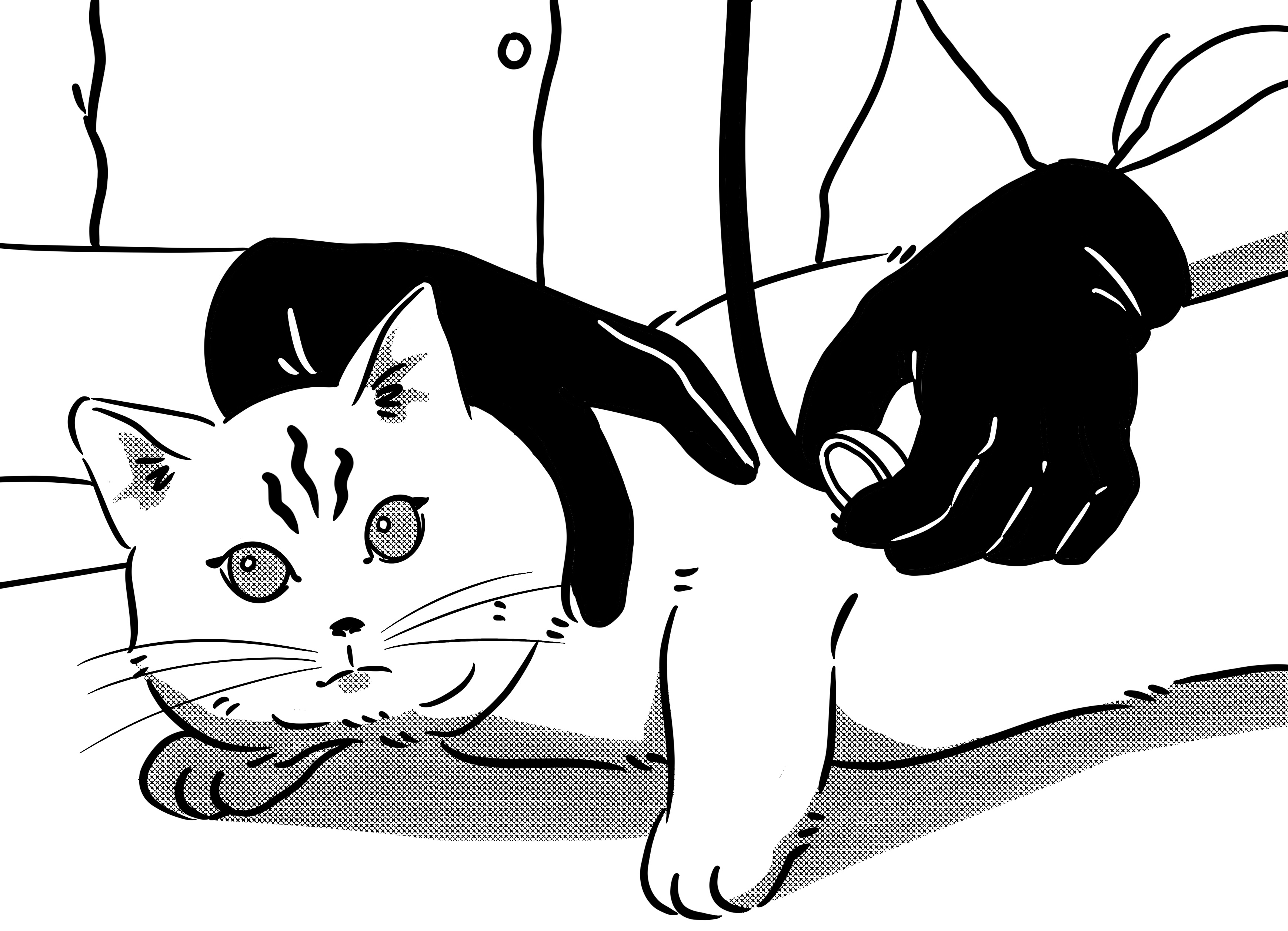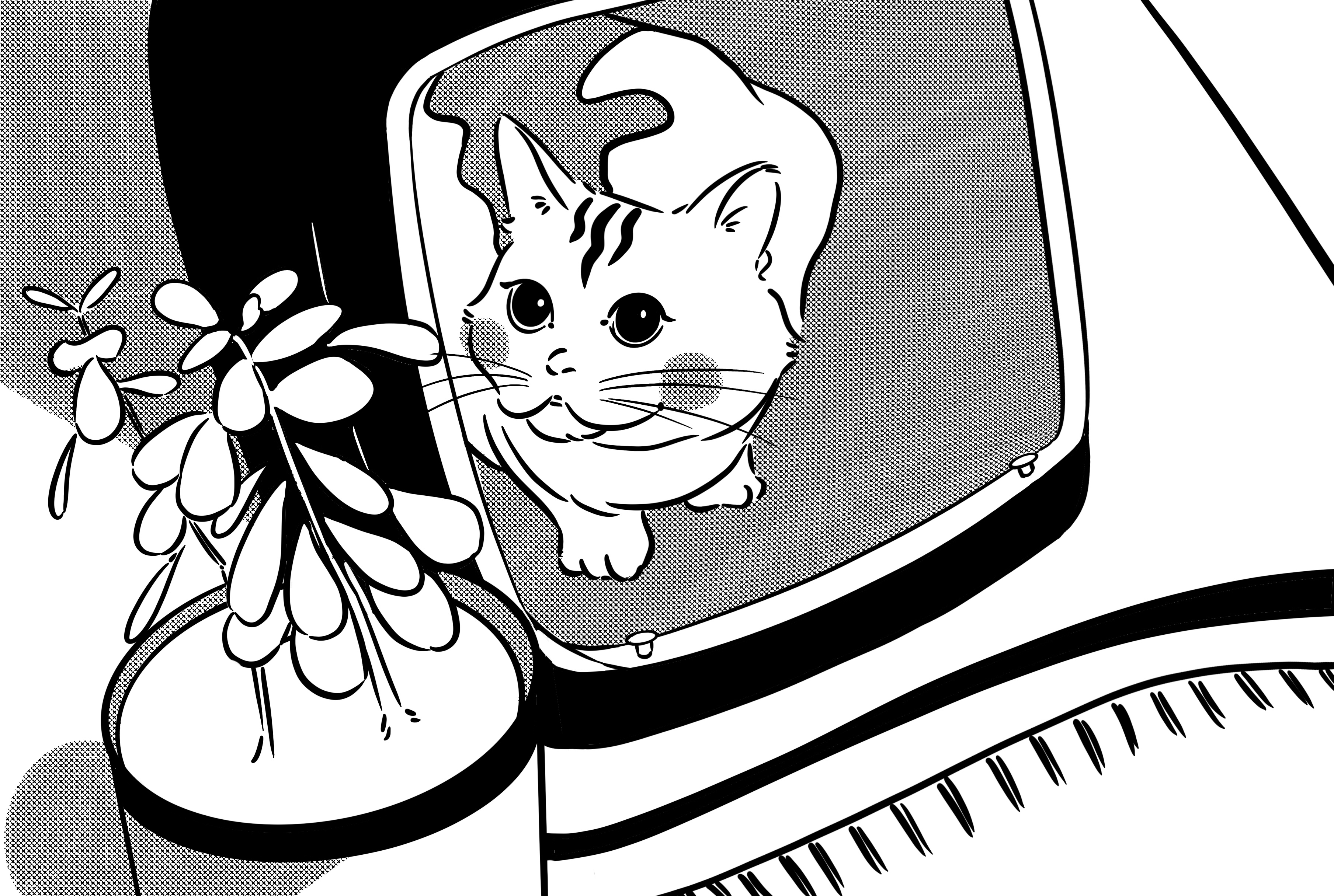Getting a new puppy or kitten is very exciting for a family. But getting invited to be part of the family can be exciting for a pet too! It doesn’t take too long for a little dog or cat to feel like part of the family. They offer their humans joy and companionship. It is important that puppies and kittens get the proper care needed to ensure they grow up into healthy adults. One thing that is an essential part of good care is early vet visits.
Why Early Vet Visits are So Important
Taking a puppy or kitten for an early vet visit sets the foundation for their health and well-being. Their early months are formative, and their immune systems continue to develop. This can make them more susceptible to diseases and illnesses. Establishing veterinary care and maintaining routine vet visits helps detect health issues early so prompt treatment can be administered. It’s also important for vets to monitor the kitten or puppy’s growth and development.
Early vet visits also help establish a positive trusting relationship between your furry family member and the vet. They will be comfortable going to the vet because they will trust them. When pups and kittens are introduced to a vet early on, they tend to become less anxious about future visits, as they become the norm for them.
What are Early Vet Visits Going to Be Like?
The first visit to the vet is a huge milestone for a kitten or puppy. Here are a few things you can expect to occur during the initial visit.
· Physical Exam. The vet will assess your pet’s overall health by performing a thorough physical exam. They will check your pet’s eyes, ears, coat, teeth, and body. The vet will examine your kitten or pup’s limbs and joints and listen to their heart and lungs.
· Vaccinations. Puppies and kittens need vaccinations as part of effective preventative care. Your vet will recommend a vaccination schedule tailored to your pet. This will protect them from common diseases like distemper, parvo, rabies, and feline leukemia.
· Parasite Prevention. Animals are susceptible to parasites like ticks, fleas, and worms. You can discuss preventive measures to keep your furry friend healthy and safe. The vet may prescribe flea and tick preventives and deworming medications. They may recommend regular screenings.
Your pet’s first vet visit provides you with a great opportunity to express any concerns or questions you may have about your pet’s care. You may want to ask about your pet’s diet, grooming needs, behavioral challenges you may face, and their specific exercise needs.
Puppy and Kitten Vaccination Protocol
Vaccinations are important for kittens and puppies to help protect them from infectious diseases. Some diseases are life-threatening, especially for young animals. Their developing immune systems are susceptible to them. Here are some of the vaccination and preventive care measures to discuss with your vet.
· Core Vaccinations. For puppies and kittens, core vaccinations are crucial. These core vaccines help protect your pet from highly contagious diseases. The vet will create a vaccination schedule that is fitting for your pet. Usually, these vaccinations start between six and eight weeks of age. You can expect vaccines like canine distemper, feline panleukopenia, and parvovirus.
· Rabies Vaccination. Rabies is a fatal disease. It is possible for it to be transmitted to humans. In some regions, the law requires pets to be vaccinated for rabies. The first rabies vaccination is usually given when the pet is about 12 weeks of age. Booster shots are then given annually. In some areas, they are required every three years.
Early vet visits are important for new pups and kittens. They allow early detection and treatment for health issues that might arise. The vet can provide important information that you’ll need for caring for a kitten or puppy such as what to feed them and how often, guidance on exercise, keeping their paws clean, and much more to ensure you and your new furry family member enjoy many years together.

About the Author: Fiona
Fiona has served Pawer Lab as CEO and president for years! She manages all day-to-day operations and makes sure everything continues to run purrfectly. When she’s not working, she enjoys chasing lasers, snacking on treats, and taking long naps in the sun.
Recommended for you



